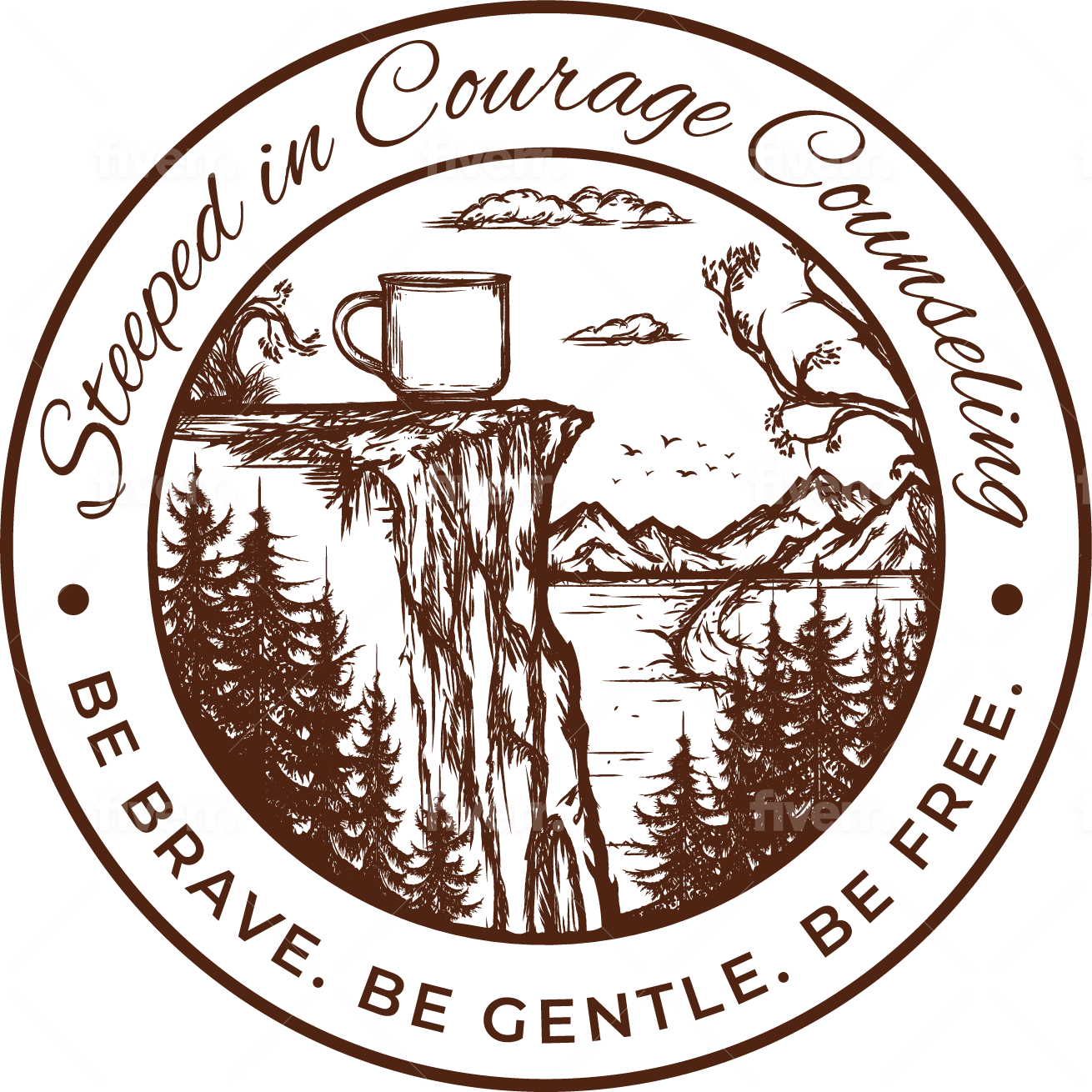The Holiday Season; Political Polarization & our Mental Health

The music, the lights, the busy calendar – the experience of this season is quite unlike anything else we experience in the calendar year.
Take a moment to remember last year. Where did you celebrate your family and faith-filled holidays? Who did you see? Who did you miss? How did you feel last year during this time? Many of us came into the holiday season debating on how to celebrate – asking ourselves and each other what was okay and what was not okay, as we sat in the anxiety that the pandemic brought. Personally, I can hardly believe this was just one year ago.
This year as we end 2021, many people are settling into their assumed ‘normal’ – each family & community operating in a way that feels right to them. Whether people are continuing to isolate, or traveling across the country to visit with multiple family members, people have a lot of emotion tied to their convictions behind why they are operating the way that they are. It can feel vulnerable and scary to share with family your personal choices and convictions around your plans for this holiday season. Just as scary, is the thought of picturing spending a few hours around a table together.
It’s been the joke passed down to each generation that you avoid ‘religion and politics’ when families get together, but in the last year this concept has hit a whole new level. Many people fear navigating these group conversations, walking on eggshells to avoid triggering certain family members into a rage. What has happened? Why can’t we have conversation anymore around our personal beliefs, allowing for opposing views to sit at the same table? Our window of tolerating discomfort and conflict is shrinking as a society; in the last two years we’ve moved towards a very dogmatic, all-or-nothing mentality. Either you agree with me and you’re a ‘morally good’ person, or you disagree with me and you lose your moral standing. Some are going so far as to label people as harmful, murderous or inhumane. Politically, many people are demonizing one another and ‘cutting off relationships’. Many people ‘can’t fathom’ the other side’s perspective, and find it less stressful to cut off all contact. It’s heartbreaking to watch family members stop talking to each other.
So what do we do? How do we mend this, as individuals, as families, and as a society?
I would first suggest that you pull back from social media.
Some of this shift in our culture, this polarizing way of thinking, has been birthed out of too much engagement with social media. The algorithms that control our social media experiences have become increasingly polarizing and anti-social. We no longer have to ‘tolerate’ discomfort and disagreement on these platforms- we simply demonize and cut off anyone who disagrees. This practice on social media of ‘blocking’ people who create discomfort in us has increasingly made its way into our real-world interactions.
I encourage you also to check in with yourself.
The only real work we can ever do is with our own attitudes and assumptions. Can you take an inventory of your current assumptions and political beliefs – identifying anything that might be polarizing or extreme? Can you write down negative and cruel assumptions you may have of others, who do not agree with you? What about your own triggers and anxious sensations in the body? Can you notice when you begin to feel emotionally flooded in the body, and when you might need a break? If you can do this work, to clear out your own emotional charges, and to detach your root identity from your current ideas, you’ll take things less personally overall, and feel less charged emotionally when political conversation arises.
You are not your ideas.
As a society we need to feel free to set ideas out in front of each other and openly talk about them. Just because I have an idea today, doesn’t mean that I AM that idea, or that I’ll have that idea in ten years. When we intrinsically tie our identity to our ideas, we become ridgid, easily aroused and offended. Take a deep breath and let yourself be more than the fleeting opinions you hold today. Please know that if this holiday season is particularly hard, you are not alone.
